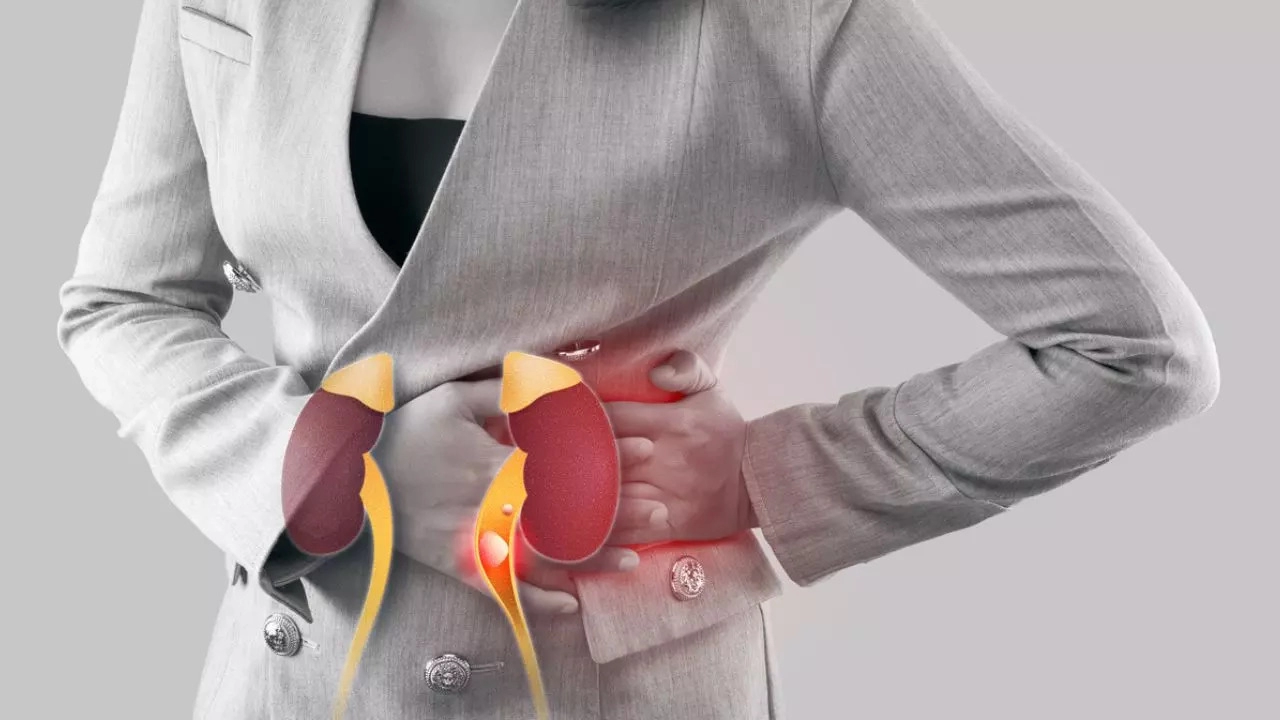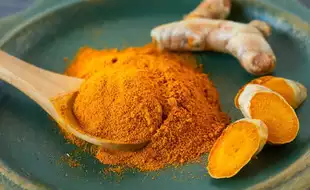News
Can Drinking Less Water In Winter Cause Kidney Stone?

Can Drinking Less Water In Winter Cause Kidney Stone? (Image: iStock)
As temperatures drop, so does our thirst - a seemingly harmless change that could be setting the stage for a painful health crisis. Recent studies have shown that reduced water intake during winter months may be contributing to a surge in kidney stone cases, with some regions reporting up to a 30% increase in diagnoses during the colder season. We spoke to Dr PS Vali, Head & Senior Consultant Nephrologist, AINU, Dilsukhnagar, Hyderabad, about the same.
He explained how Urologists and Nephrologists across the country are sounding an alarm on this often overlooked winter health risk. “Medical experts warn that the shortage of enough water in the body may concentrate urine, causing the buildup of unwanted substances and minerals leading to the formation of kidney stones,” he said.
This winter-related dehydration isn't just uncomfortable - it's dangerous. Kidney stones affect 1 in 10 people during their lifetime, with over half a million americans seeking emergency treatment annually. The pain of passing a kidney stone has been linked to child birth, making prevention crucial. The link between seasonal changes and kidney health isn't new.
Research published in the National Library of Medicine revealed that urinary calcium levels are significantly higher in winter months for both men and women, increasing the risk of stone formation. This seasonal variation suggests that our bodies may require different hydration strategies throughout the year.
Interestingly, the treatment of kidney stones has a rich history dating back to ancient times. In 600 BC, Sushruta, the main physician to the king of India, first re- 2 ported stone removal via the urethra using a splint.
This early medical advancement paved the way for modern treatments, highlighting the long-standing battle against this painful condition.
How To Prevent Kidney Stones?
Health professionals recommend drinking at least 2 liters (8 cups) of water daily, increasing to 3 liters (12 cups) for those with a history of kidney stones. This simple habit can dramatically reduce the risk of stone formation by diluting urine and flushing out potential crystal-forming minerals.Beyond hydration, small dietary changes can make a big difference. Surprisingly, calcium-rich foods are recommended, as they bind with oxalates in the intestines, reducing the risk of calcium oxalate stones - the most common type. Additionally, increasing magnesium and citrate intake can inhibit stone formation, with potassium citrate often prescribed to boost urinary citrate levels and reduce stone formation rates4. As we bundle up against the winter chill, let's not forget to hydrate. Good hydration could keep the kidney stones - and the kidney doctor - away.
Get Latest News Live on Times Now along with Breaking News and Top Headlines from Health and around the world.
Our Blogs
Our Recent News

5 Side-Effects Of Having Too Much Turmeric: What Is The Right Amount To Consume Haldi
5 Side-Effects Of Having Too Much Turmeric: What Is The Right Amount To Consume Haldi (Image Credits...

Love E-Cigarettes and Fancy Vaping Pens? Here's What Experts Want You to Know
Image - Canva Vaping, often touted as a safer alternative to smoking, has gained popularity, especia...

Avoiding Cold Showers In Winter? Know How It Can Be Beneficial For Your Health
Know How Cold Showers In Winter Can Be Beneficial For Your Health Photo : iStock Cold Showers Benefi...

